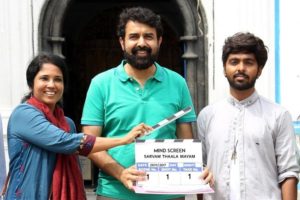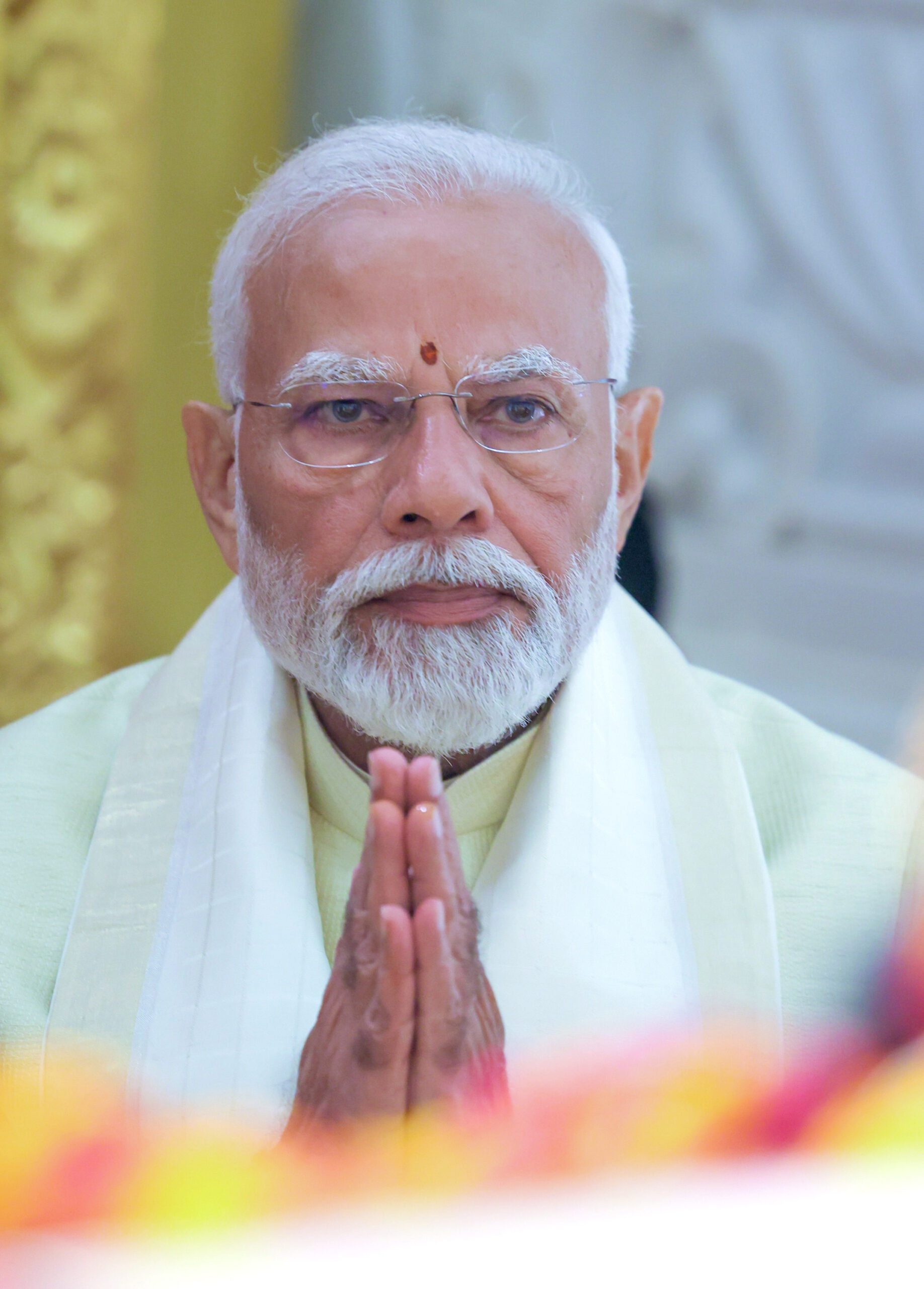 The most finest movies that I saw at the ongoing 31st edition of the Tokyo International Film Festival was Rajiv Menon’s Madras Beats or Sarvam Thaalamayam. Menon is a Madras boy, and his third feature after Minsara Kanavu in 1997 and Kandukondain Kandukondain in 2000, Madras Beats is a comeback creation for him. Asked during one of my chats with him here in Tokyo, he said that there were at least two movies that he had written, but could not go beyond the drawing-board for reasons as varied as differences of opinion between the producer and actors or the music composer.
The most finest movies that I saw at the ongoing 31st edition of the Tokyo International Film Festival was Rajiv Menon’s Madras Beats or Sarvam Thaalamayam. Menon is a Madras boy, and his third feature after Minsara Kanavu in 1997 and Kandukondain Kandukondain in 2000, Madras Beats is a comeback creation for him. Asked during one of my chats with him here in Tokyo, he said that there were at least two movies that he had written, but could not go beyond the drawing-board for reasons as varied as differences of opinion between the producer and actors or the music composer.
His latest outing is a far more impressive work than either Minsara Kanavu or Kandukondain… (adapted from Jane Austin’s Sense and Sensibility, penned in 1811).
Madras Beats is not just a touching story, a melodious musical — but has a message of enormous importance. It tells us that it is about time the classical Carnatic music – predominant in the southern parts of India — emerges out of the well, and opens its mind to varied and modern influences. Also, this includes throwing the gates of this form open to communities other than upper caste Hindus. For far too long, this musical tradition has been the preserve of the Brahmins, who have been generally disinclined to allow other castes to enter this domain.
Madras Beats in a very moving manner shows us how Johnson (Kumaravel) makes excellent mridangams (drums) which legends like Palghat Vembu Iyer (Nedumudi Venu) use. But Johnson himself, though a gifted musician, does not play the mridangam, because he, belonging to a lower caste, is not allowed inside the hallowed portals of Carnatic Sangeet.
Johnson’s son, Peter, essayed by real-life musician G V Prakash Kumar, is a great fan of Tamil actor Vijay, whose film releases are heralded by a display of firecrackers. Vijay’s huge wooden cutouts are garlanded with jasmine flowers and anointed with sandalwood paste and milk and honey.
However, all this takes a dramatic turn when Johnson sends Peter to Iyer’s house with a new mridangam, and there the young man is mesmerised by the magic of this music. Looking at Iyer play the drum, Peter’s fingers begin to move in the romance of the rhythm. Madras Beats then takes us through the travails of Peter, and his singular determination to break the barriers that Carnatic music has imprisoned itself into.
Menon’s work is gripping with some lilting music by Oscar-wining A R Rahman, and fine performances. Venu is a brilliant actor, nuanced and subtle. What a great pleasure to see him as a legendary mridangam guru, who is left by the wayside because of his rigid ways. Yet, like most greats, he is open to the idea of absorbing a young talent like Peter, even though he comes from an “untouchable” family. This shows Iyer’s graciousness and magnanimity.
Prakash is also fresh and impressive as the man who transforms himself from a mere film fan to an ardent admirer of a classical guru, completely surrendering himself to a great tradition.
Madras Beats has all the right notes to draw even those not into the Carnatic tradition with its engaging style and superb story telling.
But, yes, the movie could have been shorter and somewhat tighter, and certainly needs a card at the start to give us the background to the plot about how the Carnatic musical tradition has remained a frog in the well.
(Author, commentator and movie critic Gautaman Bhaskaran has been covering the Tokyo International Film Festival for several years)







